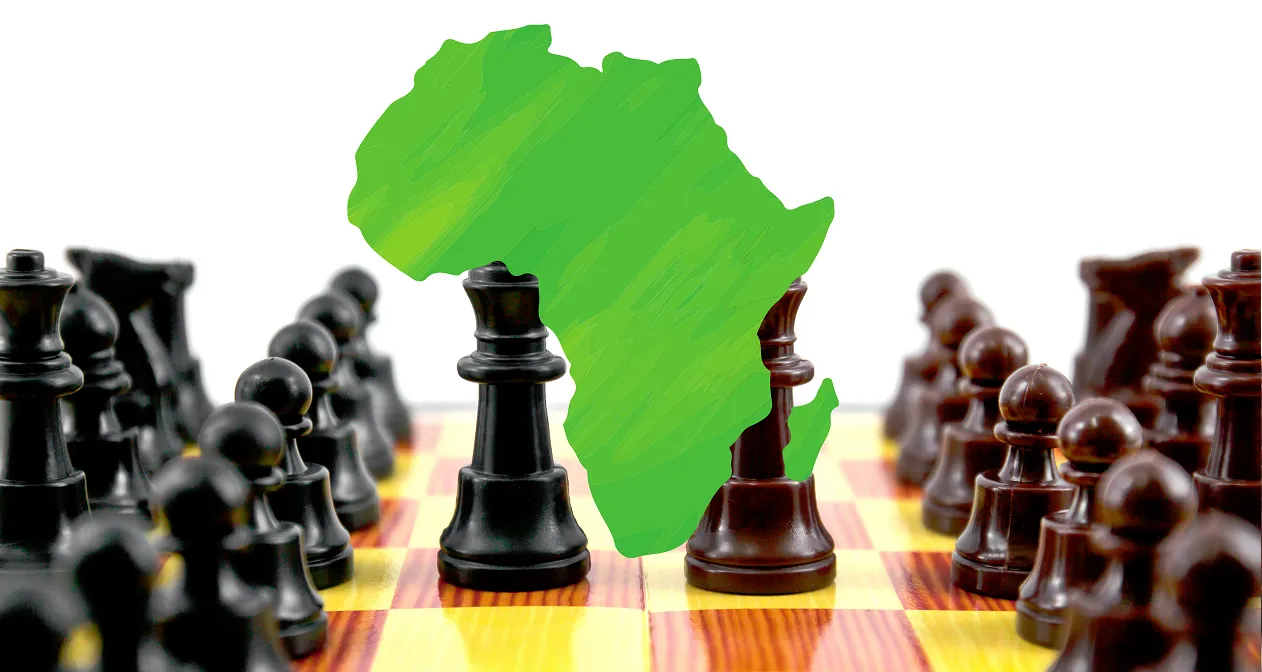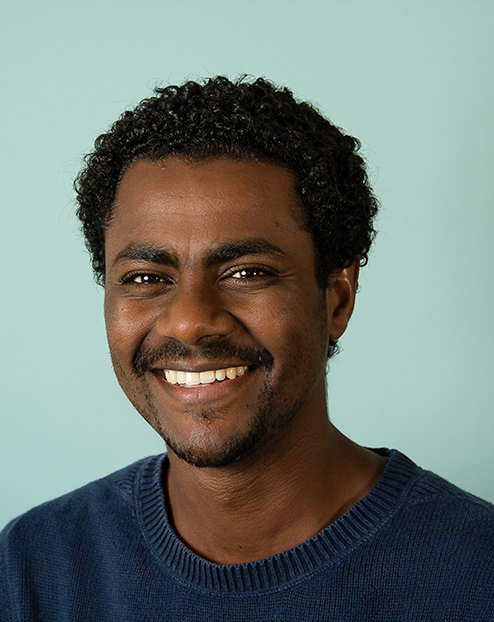Under the shadows of COVID-19, a potential African spring of alternation of power

The COVID-19 pandemic has overshadowed critical developments in Africa that would otherwise have occupied front pages. This piece covers the recent backslide in Guinea, following President Alpha Conde’s third term temptation, and charts a hopeful positive end to the crisis. Crucially, it notes that 2020 will witness a number of peaceful alternations of power that the African Union should promote.
In addition to Burundi and Malawi, which have already witnessed peaceful alternations of power in 2020, presidents in Cote d’Ivoire and Niger are expected to leave power due to term limits, and incumbents in several African countries must vie to retain their positions. The year 2020 (and early 2021) will arguably see the highest number of peaceful alternations of power on the continent, a milestone worth celebrating, while also pondering ways to ensure that the successes in democratic alternation of power translate into democratic delivery of public goods to Africa’s burgeoning masses.
Guinea backslides
On 7 April 2020, President Conde enacted a new Constitution for Guinea, following its approval in a referendum on 22 March, which the opposition boycotted. The Constitution replaces the 2010 Constitution that heralded Guinea’s transition from authoritarian military rule to democratisation.
Revelation that the text that Conde enacted contains alterations to the draft approved at the referendum has undermined the core of the claim for a new constitution making exercise—which was to affirm popular sovereignty.
Alongside sustained protests against the constitution and perceived betrayal of an established popular and political value against unlimited presidential terms, the new constitution may have failed in its symbolic quest. The continued violence against protesters since late 2019, which have killed many, including 10 reportedly on the day of referendum, has further tainted any claims for legitimacy.
The next elections are planned for October 2020. Conde should resist the third term temptation and mark his legacy in Guinea’s advance to democratic constitutionalism.
Pretext for term extension
The official explanation for constitutional change was primarily symbolic. As the 2010 Constitution was adopted under a military government and without referendum, the government argued that genuine legitimacy required a popular stamp on the constitution.
The claim for popular legitimacy has, however, faced opposition and protests from the beginning. Many saw the legitimacy claim as a pretext for resetting the count of presidential terms to allow Conde to rule beyond the two-term limit that the 2010 Constitution imposed. The resort to the making of a new constitution and to a referendum was intended to bypass the absolute prohibition against constitutional revisions concerning the length and number of presidential terms.
This is clear in the content of the new Constitution, which has only added token substantive improvements, mainly regarding gender parity as a political and social objective. The most important change emanates from its silence: the new Constitution retains the two-term limit in the 2010 Constitution without indicating whether terms served under the previous constitution would count.
In the absence of an express provision counting previous served terms, as has been done in the draft Constitution of The Gambia (Article 5, Schedule 3) recently submitted to the National Assembly, the new constitution is understood to have reset the count and the 81-year old Conde is free to run again.
Eluding the people?
The new constitution making exercise used the mantra of the “popular sovereignty” as a weapon against organized opposition groups. The differences between the popularly approved draft constitution and the finally enacted text have exposed that the mantra was a mere convenience.
First, the enacted constitution requires that presidential candidates should be sponsored by a party, effectively banning independent candidates. This is incompatible with the finding of the African Court on Human and Peoples’ Rights that the ban on independent candidates is incompatible with the African Charter on Human and Peoples’ Rights, to which Guinea is a party. The enacted constitution also requires that coalitions of parties can only propose one candidate, which would allow Conde to exclude dissent in his ruling coalition.
The enacted draft also includes a critical change regarding the end of term of a president. A new president takes office at the expiration of the incumbent’s mandate. Accordingly, if the mandate of the previous one is extended for one reason or another, such as for example the inability to organize elections due to a purported emergency situation, the incumbent remains in office indefinitely. This change seems to have been inserted in view of the possible postponing the October presidential elections due to COVID-19.
Regardless of the merits of these changes, the manner through which they were smuggled into the constitution betrays claims of popular sovereignty that purportedly justified the constitution making exercise.
Resisting the temptation
With the adoption of a new Constitution under his watch, Conde has left a mark on Guinea’s history. Heralding an era of peaceful alternation of power in Guinea would be an even more profound and consequential legacy.
Accordingly, despite the fact that the new constitution does not specifically exclude Conde from running, he would do well to resist the third-term temptation and sow the seeds for Guinea’s vibrant democracy.
Conde would not be the first one. Late President Pierre Nkurunziza of Burundi oversaw the adoption of a new Constitution in 2018. As in Guinea, critics saw the manoeuvre as an attempt to allow Nkurunziza to extend his term.
Nevertheless, although the new constitution does not exclude Nkurunziza from running again, presidential elections were conducted without him in May 2020. Despite his authoritarian past, the peaceful alternation of power marks a tremendous symbolic significance.
A horizon of democratic alternation of power?
Despite their last-minute withdrawal of their election observers, the African Union and ECOWAS have avoided public rebuke against Conde’s manoeuvres. Considering their democracy promotion mandate, they should not close their Guinea files just yet.
Instead, they should nudge Conde to uphold the spirit of the 2010 Constitution against unlimited presidential terms. Assurances that Conde would not run for a third term would calm the instability engulfing Guinea. Instability will worsen if Conde announces his candidacy for the October elections.
In this regard, 2020 (and early 2021) is expected to be a historical year in Africa for peaceful alternations of powers. In addition to Nkurunziza of Burundi, Alassane Ouattara of Cote d’Ivoire and Mahamadou Issoufou of Niger will leave after presidential elections planned for October and December 2020, respectively.
In June 2020, Malawi recorded a remarkable victory for democracy in Africa. The coalition that brought together the two opposition candidates in the judicially invalidated 2019 elections secured a victory against the incumbent President, who despite expressing his misgivings handed power peacefully. With the latest alternation of power, the opposition has won three of the six competitive elections since the transition to multi-party democracy in the 1990s.
In addition, incumbent presidents, Seychelles, Tanzania, Burkina Faso, Ghana, and the Central African Republic must defend their positions for a second term. If any of these loses, the number of alternations of power in a single year would signify a hopeful democratic horizon for Africa.
In recognition of this historic milestone in peaceful alternation of democratic power, the AU, ECOWAS and other regional organizations should consider organizing high-level programmes to recognise the achievements and the departing presidents and to also urge Conde and other leaders to cement Africa’s democratic pathway.
This Commentary was orginally published by the African Network for Constitutional Lawyers (ANCL).
Disclaimer: Views expressed in this commentary are those of the author, who is a staff member of International IDEA. This commentary is independent of specific national or political interests. Views expressed do not necessarily represent the institutional position of International IDEA, its Board of Advisers or its Council of Member States.





